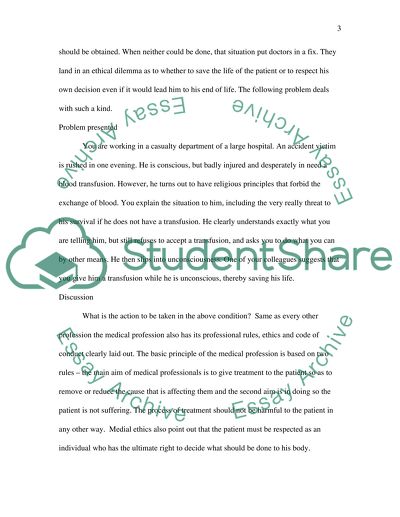Cite this document
(Professional Accountability Essay Example | Topics and Well Written Essays - 1500 words, n.d.)
Professional Accountability Essay Example | Topics and Well Written Essays - 1500 words. https://studentshare.org/health-sciences-medicine/1538205-professional-accountability-discussion-paper-nursing
Professional Accountability Essay Example | Topics and Well Written Essays - 1500 words. https://studentshare.org/health-sciences-medicine/1538205-professional-accountability-discussion-paper-nursing
(Professional Accountability Essay Example | Topics and Well Written Essays - 1500 Words)
Professional Accountability Essay Example | Topics and Well Written Essays - 1500 Words. https://studentshare.org/health-sciences-medicine/1538205-professional-accountability-discussion-paper-nursing.
Professional Accountability Essay Example | Topics and Well Written Essays - 1500 Words. https://studentshare.org/health-sciences-medicine/1538205-professional-accountability-discussion-paper-nursing.
“Professional Accountability Essay Example | Topics and Well Written Essays - 1500 Words”. https://studentshare.org/health-sciences-medicine/1538205-professional-accountability-discussion-paper-nursing.


